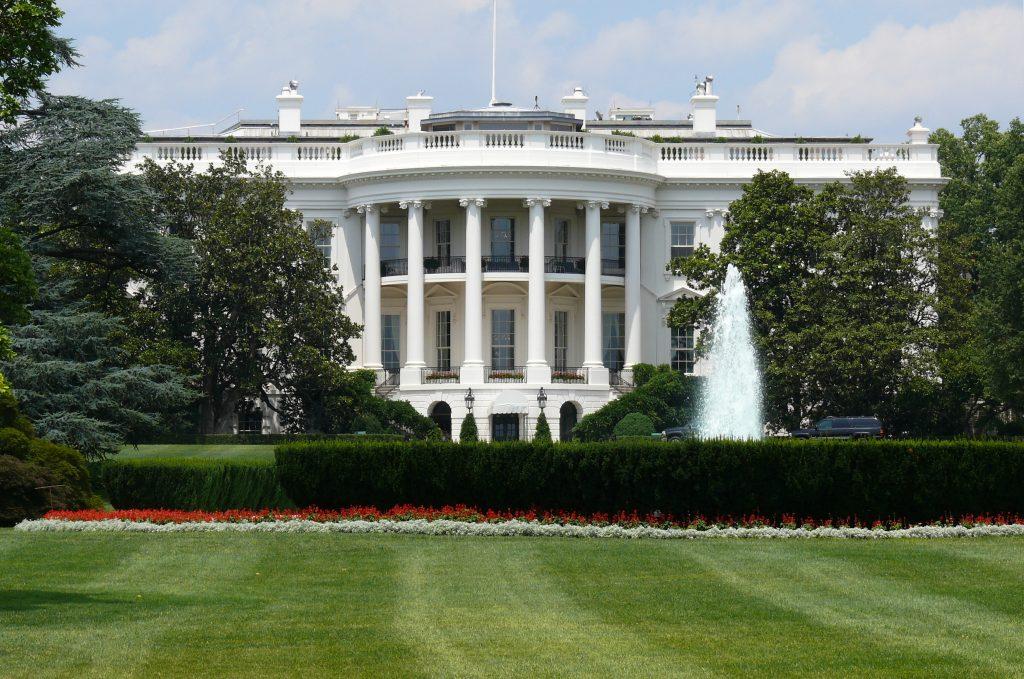Lawmakers agreed on a national budget early Friday after a second shutdown, which lasted under six hours according to Politico. The final budget failed to satisfy all lawmakers, as the Republican and Democratic parties are in conflict with each other, as well as internally.
“It’s a fascinating display of a bipartisan win and at the same time, Democrats ripping themselves apart about a bipartisan agreement,” said Republican Representative Patrick Mc.Henry of North Carolina. Democrats never got the protections for long-term immigrants brought into the country illegally as children, an argument which is largely blamed for the first shutdown earlier this month.
Republicans also failed to secure the $18 billion that they have been seeking for a wall on the Mexican border, though they did get the increases in defense spending. Democrats also got increases in spending in other domestic centers“What makes Democrats proudest of this bill is that after a decade of cuts to programs that help the middle class, we have a dramatic reversal,” said Senate Minority Leader Chuck Schumer.
The most recent shutdown was largely caused by Republican Senator Rand Paul of Kentucky, who worked against Senate Majority Leader Mitch McConnell to block the bill for as long as possible because it removes caps on spending and increases the federal deficit. The new budget increases spending by up to $300 billion, according to NPR. “I ran for office because I was critical of President Obama’s trillion-dollar deficits. Now we have Republicans hand-in-hand with Democrats, offering us trillion-dollar deficits,” said Paul.
House Minority Leader Nancy Pelosi tried to use the extra time to leverage the immigration protections that Democrats have been looking for, but the bill was eventually passed largely out of fear that any more changes would lead to a longer shutdown, which neither party wanted to be blamed for. “If Republicans had 70 votes and needed 140 from [Democrats], then there’s no pressure on us. If they have 170 votes and we can’t put up 40 to support a bipartisan bill coming from the Senate, then we get blamed for a shutdown,” said Democratic Representative John Yarmuth of Kentucky.
The new federal budget, which has already received the necessary signature from President Donald Trump, funds the government until the House and Senate Appropriations panels get approval on a spending bill that will then take effect until Sept. 30, 2019, though it too needs approval.
The White House recently released its proposed spending bill, which seeks further funding for defense and border security by decreasing spending by the Environmental Protection Agency and the State Department, according to NPR. “There’s still going to be the president’s priorities as we seek to spend the money consistent with our priorities, not with the priorities that were reflected most by the Democrats in Congress,” White House Budget Director Mick Mulvaney said in an interview on Fox News.





